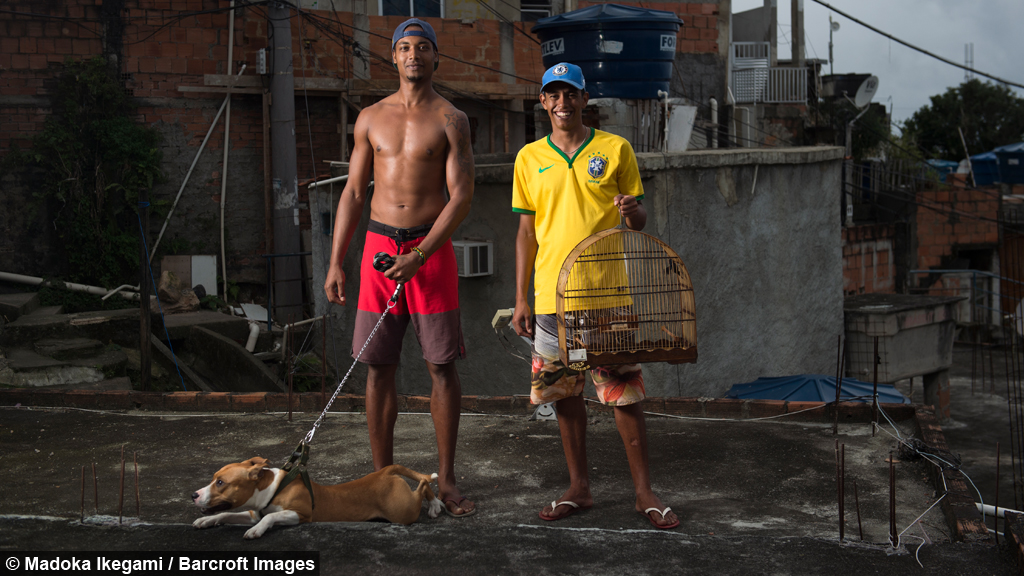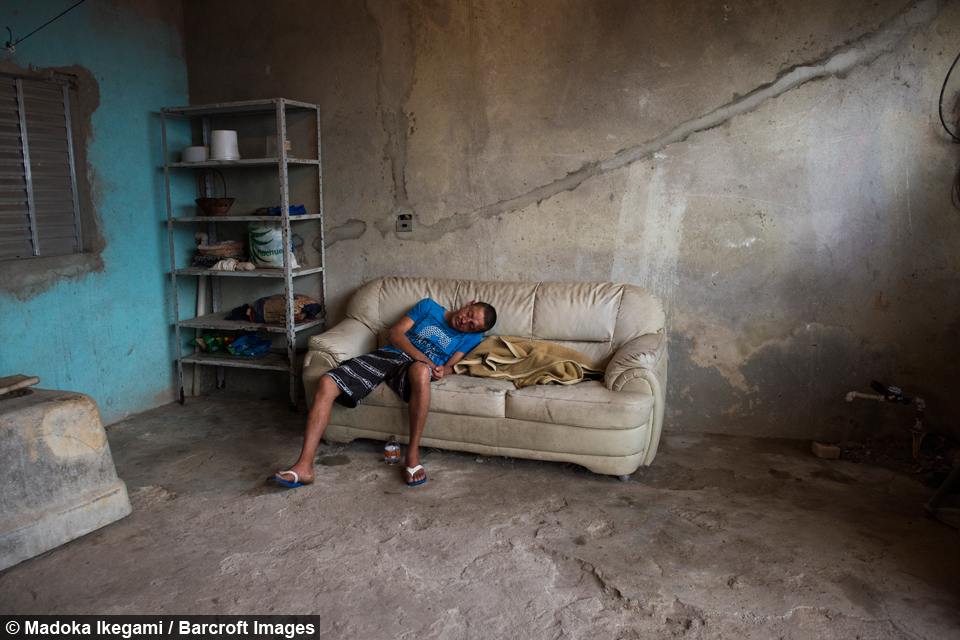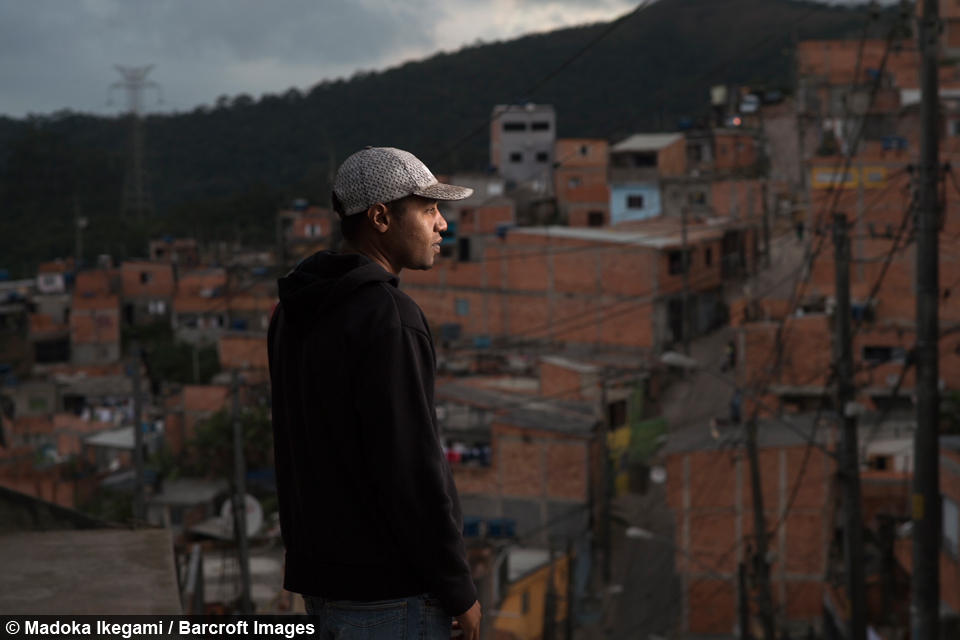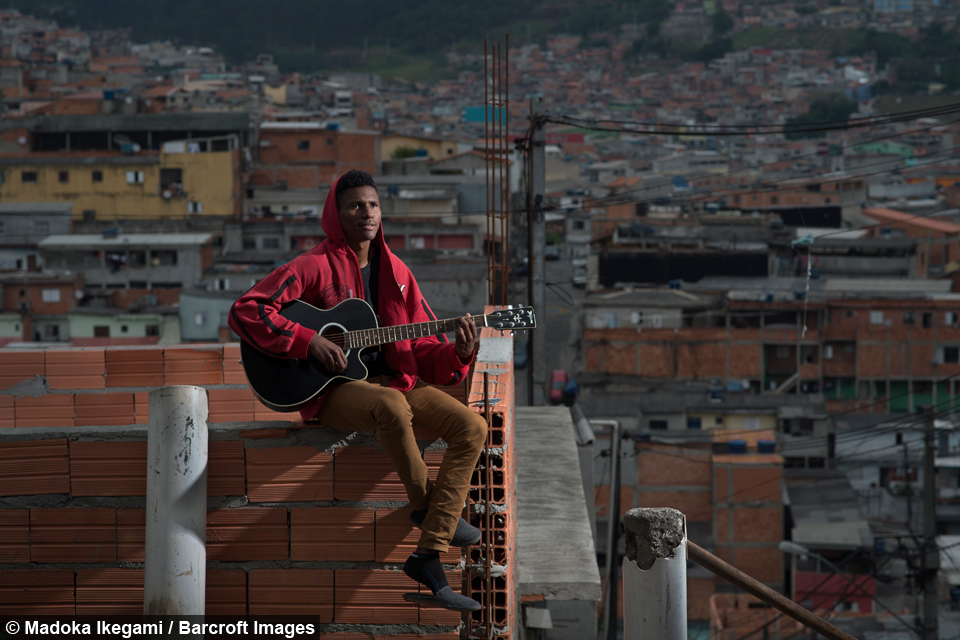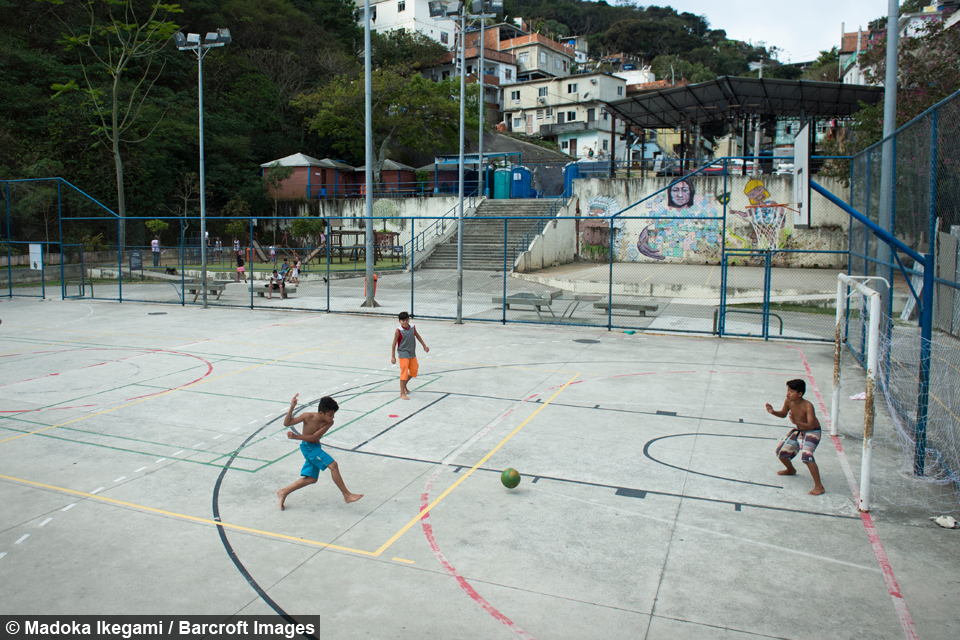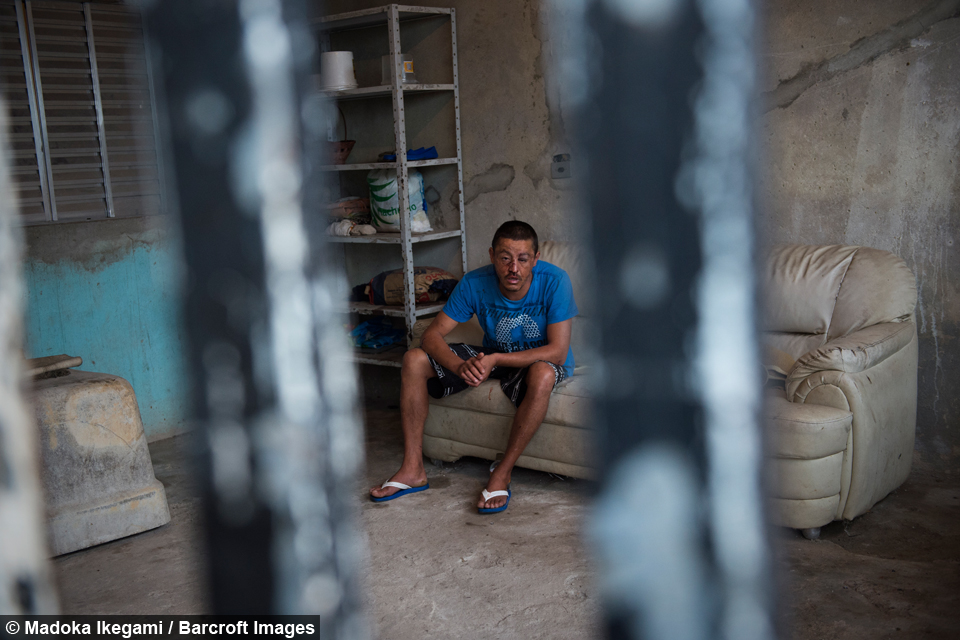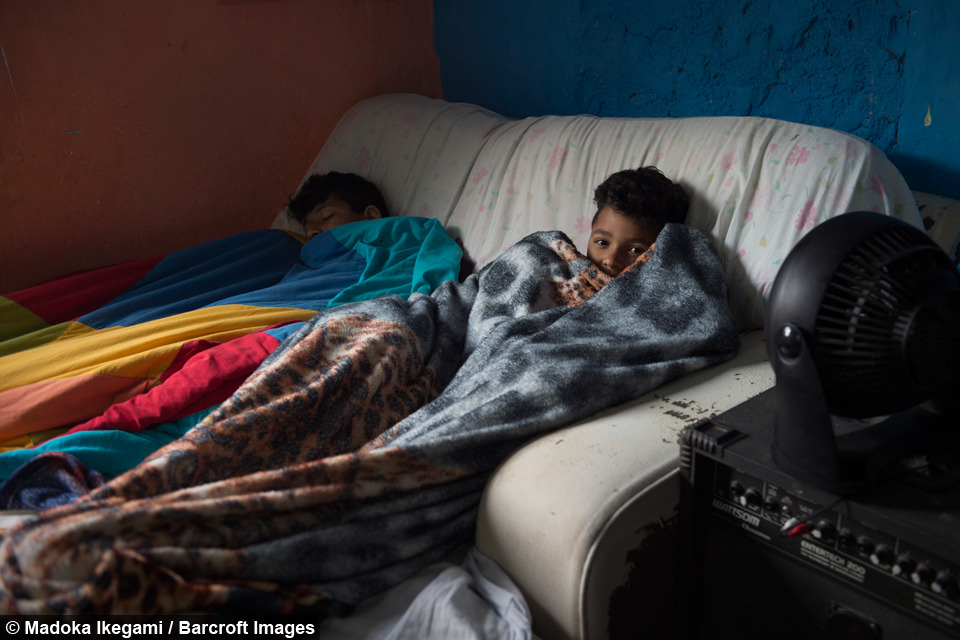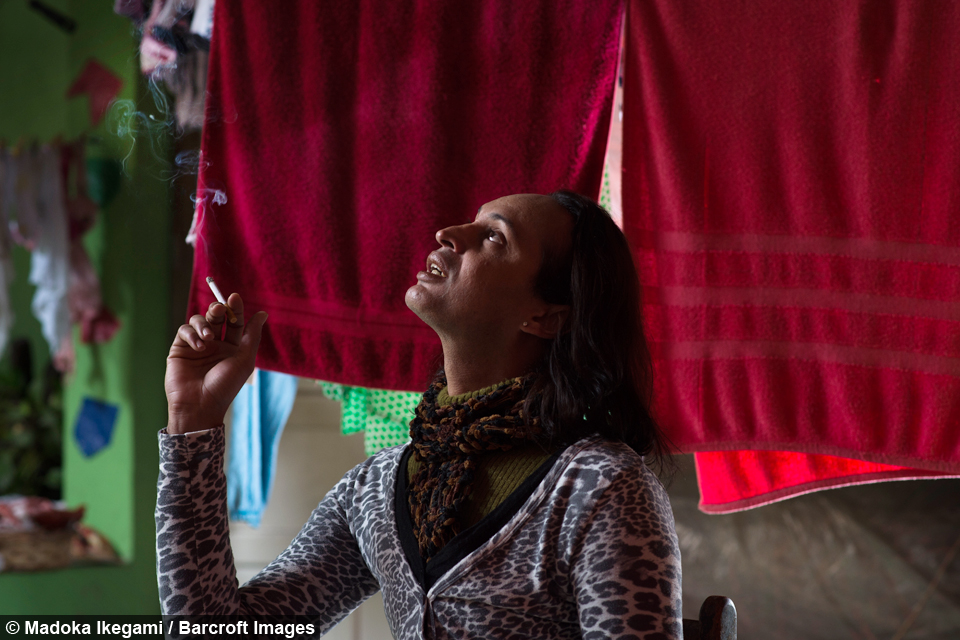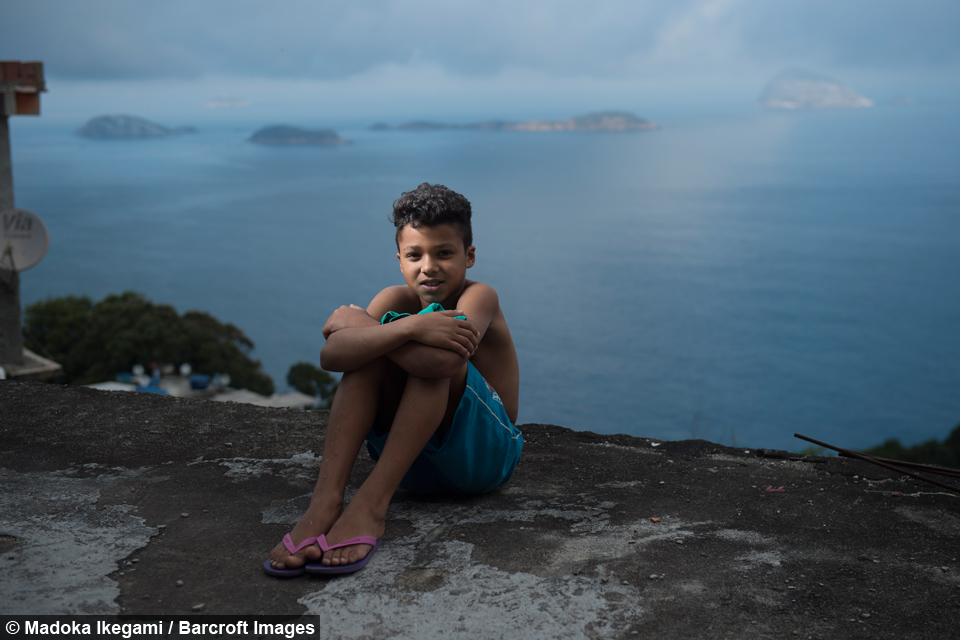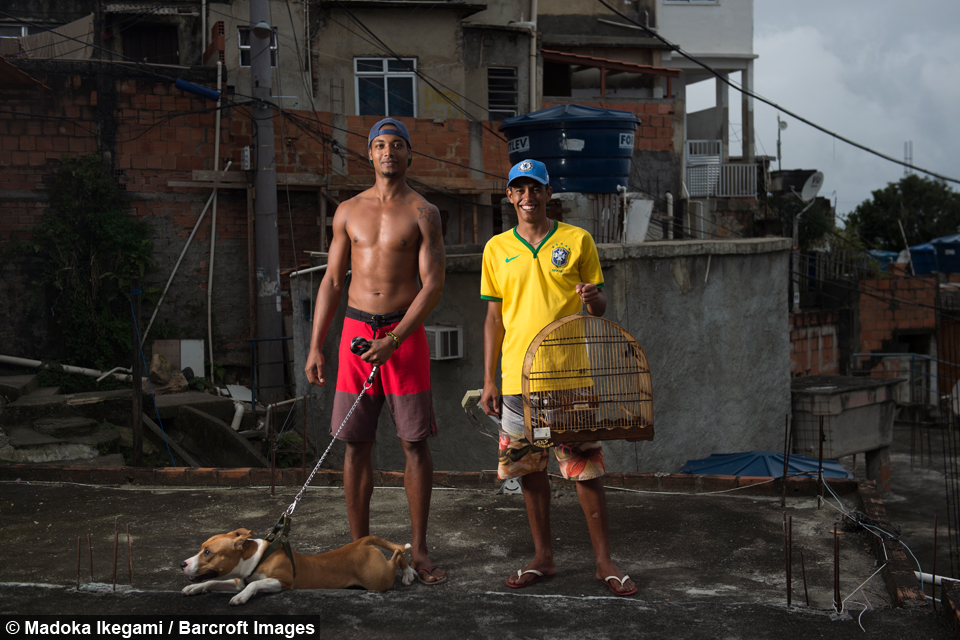Documenting The Secret Life Inside Brazil's Favelas
By Danny Baggott @Dan_Baggie
Scroll down for the full story
Freelance photographer, Madoka Ikegami, spent her summer documenting the journey of recovering addicts and victims of discrimination who are trying to lead more positive lives in the unknown favelas of São Paulo and Rio de Janeiro.
From a 16-year-old jazz musician dreaming big to a transvestite who continuously travels in the hope of achieving a better life - Madoka looked past the alluring reputation of samba parades, beach parties and football royalty.
The 34-year-old said: “Much has been written about violent death occurring at an alarming rate in favelas.
“I simply wondered: how do people cope amid such seeming lawlessness? Is that all there is to the story of those people?
“A lot of the bloodshed occurs, but I tried to document the positive side of the people’s lives.
“In my month-long stay in those communities, I discovered much more nuanced stories of the individuals.”
Even as Rio reveled under the bright lights of the Olympic spotlight earlier this year, Madoka remained observant of the more uncommon favelas.
“I looked at the happier lives of former drug and alcohol addicts, a transvestite who had escaped from his hometown because of discrimination to start a brand new life and an intellectual striving to move forward regardless of his disadvantaged upbringing,” Madoka said.
“Not all favelas are dangerous places in which to live, or merely enter, but drug and alcohol abuse and violence, including murder, can happen in any of them.
“People had been murdered out on the street just a day before my arrival or shot in the chest some days before I visited.
“Having said that, there were countless smiles from respectful, sensitive people who managed to beat our language barrier with eye contact and gestures to offer greetings and warm welcomes into their homes.”
Whilst spending time in different favelas, Madoka met a local man named Luciano Silva – a 37-year-old transvestite.
At his humble home in an under-developed area, Luciano recalled a previous life of bitter and hurtful experiences.
He said: “It’s everywhere, prejudice.
“Being called viado [a derogatory term for a homosexual], and people shouting, ‘There comes a gay’.”
And after researching this particular topic, Madoka found that Brazil has actually been one of the world’s deadliest places for homosexuals to live for many years.
She said: “In July this year, Human Rights Campaign recorded 326 deaths in attacks on LGBTQ people in 2014, with transgender women and transvestites the most targeted.
“However, Luciano has recently moved to Santo André favela which has been ‘a wonderful place’.
“He says he has faced no further discrimination or abuse.”
Madoka currently resides in Beijing, China, but has already made plans to visit the Brazilian favelas again.
“I feel it was my first trip to the fascinating, complex world of favelas,” she added.
“I really want to go back to favelas as soon as I get the chance.”
